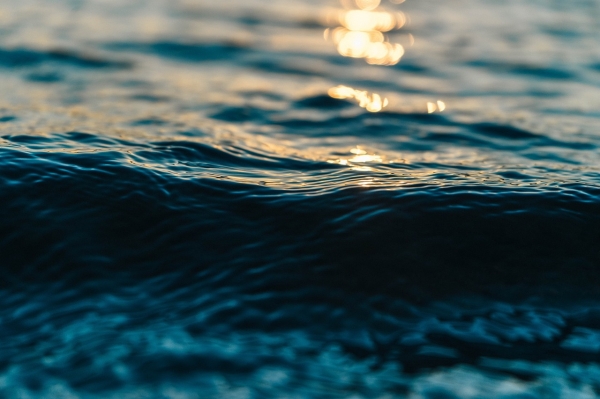A study conducted off the coast of Biscay shows that cold-affinity algae species are gradually being replaced by warm-affinity ones.
A study conducted off the coast of Biscay shows that cold-affinity algae species are gradually being replaced by warm-affinity ones.
A study by the University of the Basque Country has analysed the impact of the rise in sea surface temperature on macroalgae communities over the last four decades. Points at various depths were investigated in a location off the coast of Biscay, and an increasing scarcity was observed in the number of cold-affinity structuring species, while small warm-affinity ones have proliferated. The researchers are warning that some ecological functions are in jeopardy as a result.
The temperature of our planet is rising rapidly. Ninety per cent of the excess heat generated has been absorbed by the sea and, as a result, the surface temperature of the oceans has risen significantly. In this context, immobile and temperature-sensitive organisms are particularly vulnerable.
In addition, there are places where the warming of the sea is more significant than in others. For example, off the Basque coast there has been a 0.23 °C increase in sea temperature per decade, compared with a global increase of 0.15 °C. Faced with this situation, the UPV/EHU's Marine Benthos Research Group explored how macroalgae communities in a coastal area off Biscay have been affected by warming. Together with the Blanes Centre for Advanced Research, the group investigated the changes that have taken place over the last 40 years. “It is important to study how macroalgae communities respond to temperature increases in order to preserve marine biodiversity, as they play essential roles in ecosystems,” said biologist Olatz Arriaga-Telleria.
Read more at University of the Basque Country
Photo Credit: PublicCo via Pixabay




